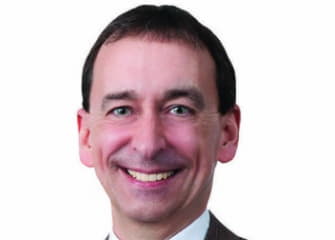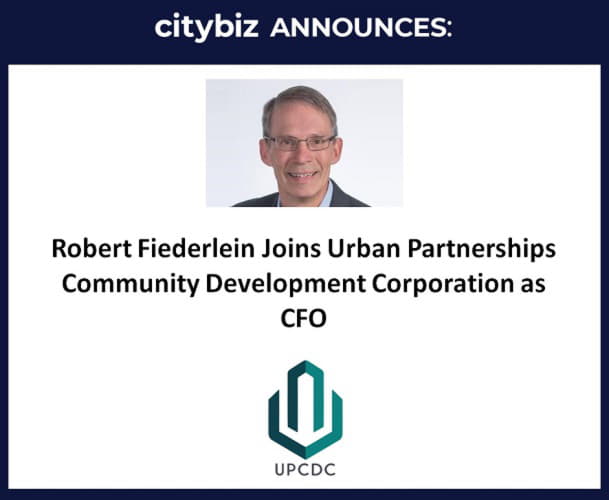
Newt Fowler
Retirement. It happens. For leaders, it has consequences beyond where you’re going to potter about the next day. When a leader leaves, it has a profound impact on their organization. The question is really whether, and how well, the organization has been prepared for this change, whether the impact has been absorbed over time through careful planning or the impact is sudden and felt in the flotsam from departure. I got to thinking about this complexity while attending a retirement party for the co-founder of a company I’ve known for 25 years. We’ll call him “Tom”.
When facing succession, the behaviors of leaders I’ve known fall into one of these profiles:
- They have checked out; they have disengaged emotionally or mentally (or both); sometimes rapidly; more often gradually, with imperceptible but inevitable impact on their organization; often their industry has advanced, competitive offerings arrived, products or services are less relevant, perhaps more expensive, talent has left…
- Others are in denial; either they pretend they have the right leadership in place, but have done little to develop, and more often have failed to recruit, this talent; or they think they can easily sell their business, like an exercise in home downsizing without any thought given to how to ensure they get the highest value; they’re faced with lower valuations, “at-risk” deferred payments, often required to underwrite the sale through lending the buyer funds to buy their own company; and are financially tied down to stay involved after the sale
- Many realize they need to plan their succession, though having never done so in the past, are frozen with uncertainty, either paralyzed in thought or consumed by every bit of advice offered them; they take half-measures, make wrong hires, follow bad advice, take no advice; they’re simply trapped
- Few figure out their succession strategy far enough in advance so that their retirement party can be enjoyed without the undercurrents of uncertainty that these other profiles engender
Tom is one of the few entrepreneurs that figured it out. The toasts that night fell into two themes. Those about the past poked fun at Tom’s foibles, his passion for his company, kidding his family that he now has become their problem to manage. Those toasts about the future celebrated the growth of the organization, the momentum it has heading into the future, all with a clear sense that the reins had been passed forward.
In reality, these reins had been gradually passed by Tom and his partner throughout recent years. When they had figured out a while ago what the options were to ensure the future of their organization, Tom and his partner set about cultivating new leadership, and deliberatively transitioned to others first the operational, then the strategic, and ultimately the cultural levers that built and continue to sustain their organization. I suspect it felt glacial to those waiting to take over, but the result at least to this party guest was that of a healthy organization that already faced its future. You see, while Tom hadn’t overstayed his welcome, he had intentionally and quite transparently become superfluous. He couldn’t have timed it better. The past and the future met at his retirement party. Each celebrated the other, and separately left happy and ready to face new futures. Tom is one of the few entrepreneurs I’ve known who invested enough time and effort to make the future bright for both. His was a retirement party worth attending.
With more than 30 years’ experience in law and business, Newt Fowler, a partner in Womble Bond Dickinson’s business practice, advises many investors, entrepreneurs and technology companies, guiding them through all aspects of business planning, financing transactions, technology commercialization and M&A. He’s the pastboard chair of TEDCO. Newt can be reached at newt.fowler@wbd-us.com.






